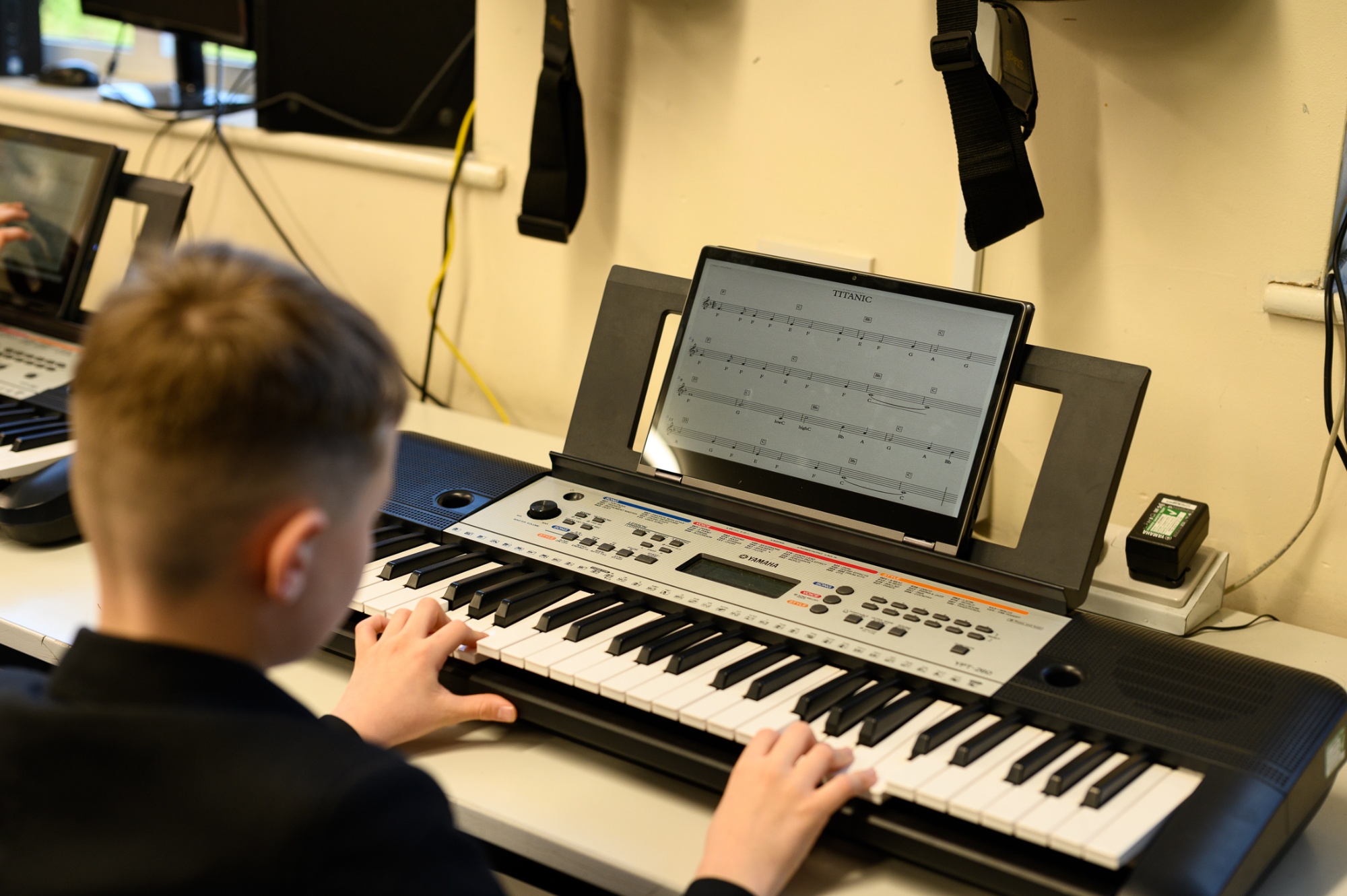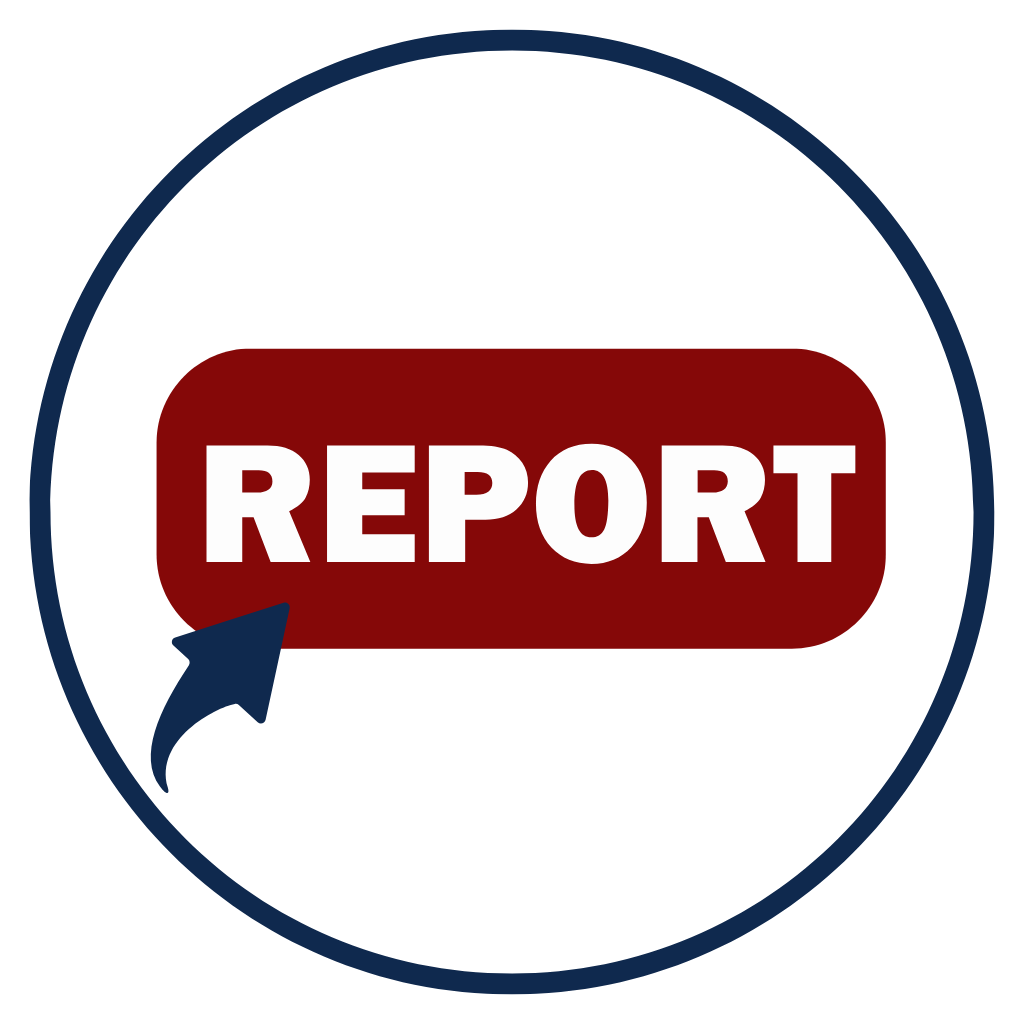Computing and ICT
Intent
As passionate and enthusiastic users of technology, we believe our learners should have an appreciation of the amazing past, present and future devices, pioneers and milestones that impact us all. Much of our current technology is now merely consumed by end-users and we aim to broaden our learner’s horizons by showing how they can master the devices, stretching them beyond their limitations. Lessons will be practical, engaging and theoretical, with an emphasis on expanding their ideas through independent problem solving, research and presentation of solutions.
We aim to develop fundamental principles of both problem solving and effective use of current technology through a range of tasks and scenarios, linked to real-world ideas. Solving technical and commercial problems with software, code and creative ideas for the use of systems will upskill learners to meet the demands of local and national employers in this exciting field. The benefit of these problem-solving approaches are not just restricted to the subject area; students who master computational thinking can apply these to everyday situations, across all aspects of modern life.
Ethos
We study Computing and ICT at Key Stage 3 in order to develop and instil the personal and technical abilities that will enable students to be both employable and active in an ever-changing technological world. Students will become enthused to look beyond the limits of the devices of today, using computational thinking skills to solve problems that exist now and in the future. Learners completing Key Stage 3 will have an appreciation of both what a computer can do and how it accomplishes its tasks, as well as how devices can be responsibly and effectively used to enhance their lives both in and out of the workplace.
In Key Stage 4 and 5, we aim to provide students wishing to deepen their knowledge and skills in technology to become creative, independent and resilient digital users.
Careers in Computing and ICT
The world of technology is constantly evolving, and with it, a myriad of exciting career opportunities in computing and ICT. Here's a glimpse into some of the most promising fields:
Software Development
- Web Developer: Create and maintain websites and web applications.
- Mobile App Developer: Design and build apps for smartphones and tablets.
- Game Developer: Develop video games for various platforms.
- Software Engineer: Design, develop, and test software systems.
Cybersecurity
- Cybersecurity Analyst: Protect computer systems and networks from cyber threats.
- Ethical Hacker: Identify vulnerabilities in systems to improve security.
- Information Security Analyst: Implement security measures to safeguard sensitive information.
Data Science and Artificial Intelligence
- Data Scientist: Collect, analyse, and interpret large datasets to extract insights.
- Machine Learning Engineer: Develop algorithms that enable machines to learn from data.
- AI Engineer: Design and build intelligent systems and agents.
Network Engineering
- Network Engineer: Design, implement, and maintain computer networks.
- Network Security Engineer: Secure computer networks from cyberattacks.
- Cloud Engineer: Manage and maintain cloud computing infrastructure.
Other Promising Fields
- UX/UI Designer: Create user-friendly and visually appealing interfaces.
- Digital Marketing Specialist: Promote products and services online.
- IT Consultant: Provide IT solutions and advice to businesses.
- IT Support Specialist: Help users with technical issues.






